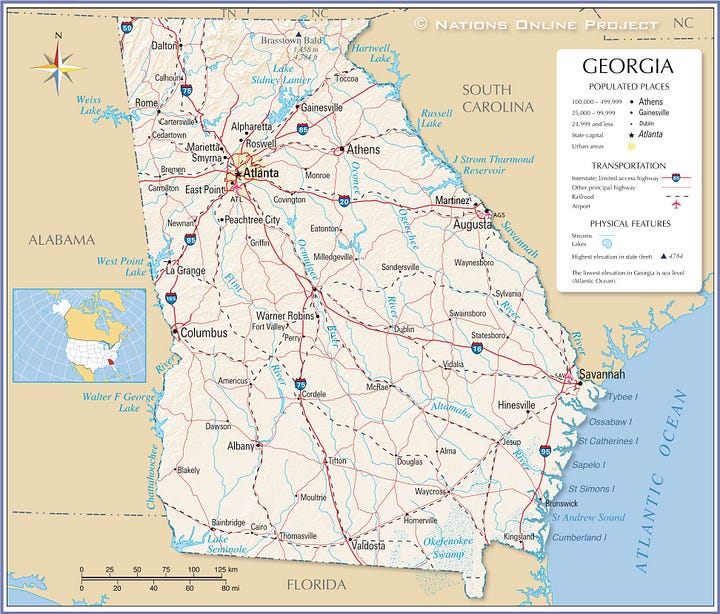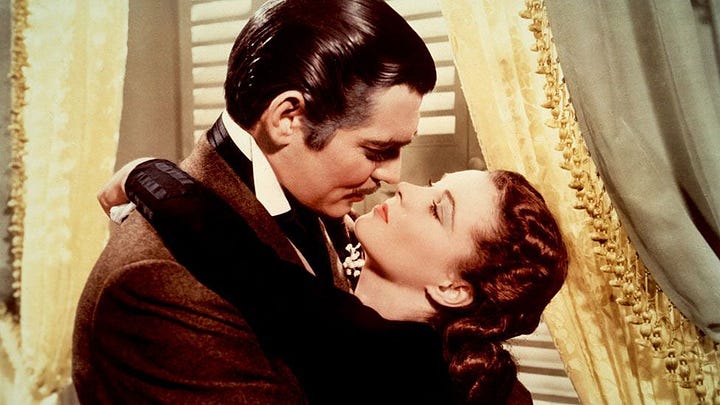50 STATES 50 MOVIES: GEORGIA
A State And It's People Are Forever Changed By The Horrors Of Love And War
Gone With The Wind


I recently had a conversation with someone who did not know that Georgia was one of the original Thirteen Colonies. He explained that he thought Georgia was a more “modern” addition to the country, like Florida or the Southwest, because “everything in Georgia is new.”
He wasn’t entirely wrong. Indeed, Georgia doesn’t have the same relic…
Keep reading with a 7-day free trial
Subscribe to Nick Rafter Writes to keep reading this post and get 7 days of free access to the full post archives.




